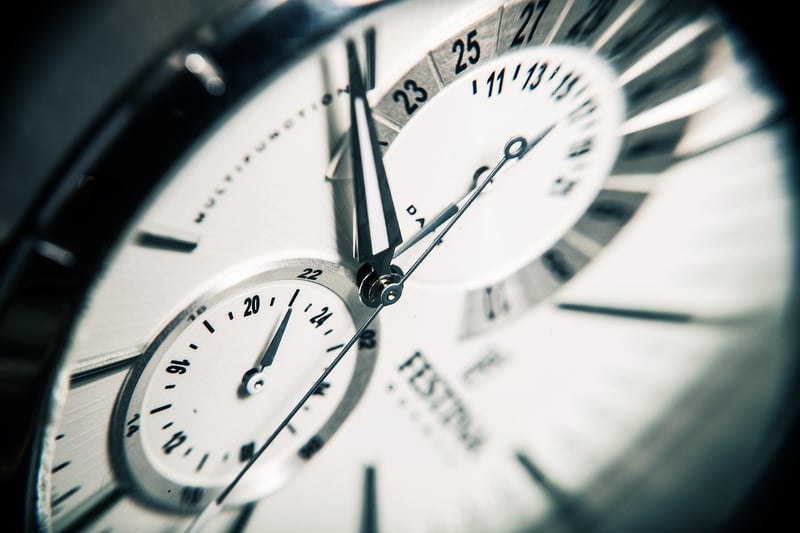Temporal Paradoxes
The Fascinating World of Temporal Paradoxes
Time travel has long been a captivating subject in science fiction, leading to the exploration of various concepts and theories that challenge our understanding of the universe. One intriguing aspect of time travel is the concept of temporal paradoxes, which arise when actions in the past have unexpected and contradictory effects on the future.
Types of Temporal Paradoxes:
1. The Grandfather Paradox: Perhaps the most well-known paradox, it involves a time traveler going back in time and preventing their grandfather from meeting their grandmother, thus preventing their own existence.
2. The Bootstrap Paradox: Also known as a causal loop, this paradox occurs when an object or information is sent back in time and becomes trapped in an infinite cause-effect loop with no clear origin.
3. The Predestination Paradox: In this paradox, a time traveler unknowingly causes the events they traveled back in time to prevent, leading to a self-fulfilling prophecy.
Theories Explaining Temporal Paradoxes:
Scientists and science fiction writers have proposed several theories to explain temporal paradoxes, including:
- Novikov Self-Consistency Principle: This theory suggests that any actions taken by a time traveler in the past were already part of the past, ensuring that no paradoxes occur.
- Many-Worlds Interpretation: According to this theory, every possible outcome of a time travel scenario creates a new parallel universe, avoiding paradoxes in the original timeline.
Conclusion:
Temporal paradoxes add a layer of complexity and intrigue to the concept of time travel, challenging our understanding of causality and the flow of time. While the scientific feasibility of time travel remains a topic of debate, exploring these paradoxes allows us to delve into the fascinating realm of theoretical physics and philosophical thought.

For more information on temporal paradoxes and other related concepts, check out Wikipedia's page on Temporal Paradoxes.
